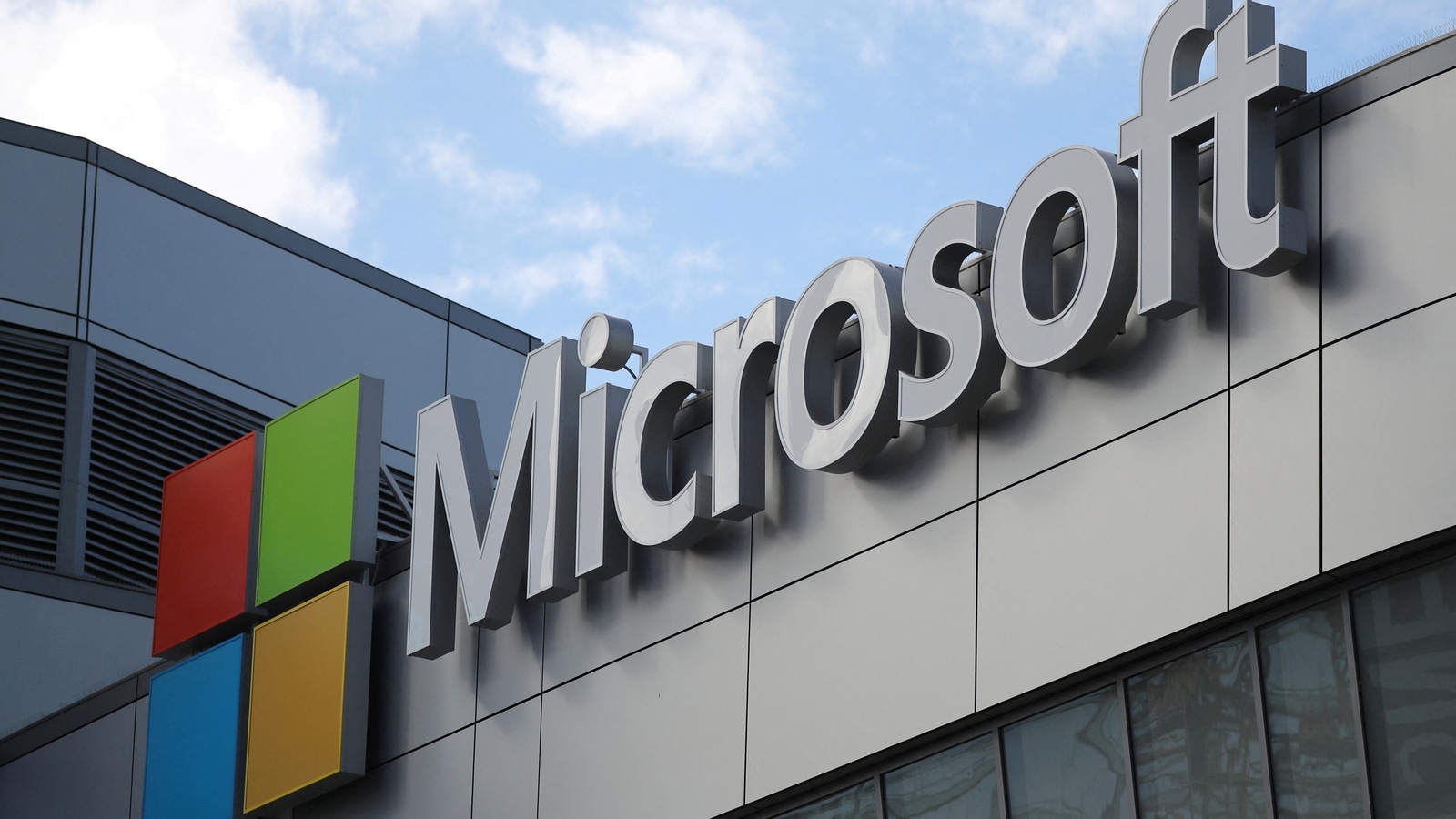Activision-Microsoft Deal: Taking on Call of Duty Deal Requires Precision Aim
Regulators’ case against Microsoft buying Activision needs to rest on more than the power of the US tech giant’s “ecosystem.”

The UK is taking on a tough target in challenging Microsoft Corp. 's $69 billion acquisition of video-game publisher Activision Blizzard Inc. While US and European regulators have yet to opine on the transaction, competition watchdogs are generally becoming more interventionist — especially in the case of tech giants. This deal offers a possible high-profile scalp.
Enter the UK Competition & Markets Authority. The agency concluded earlier this month that the combination poses a “realistic” threat to competition, setting the stage for a deeper probe. If this next investigation crosses the higher threshold of demonstrating that harm is “likely,” the chance of the transaction dying increases substantially.
Britain's approach to antitrust has evolved since Brexit, generating some notable divergences with Europe. In particular, the UK has stated its aversion to approving potentially anti-competitive deals just because an acquirer promises to be good — the so-called behavioral remedy.
That stance doesn't necessarily mean the UK is more likely to block mergers. Like the US Federal Trade Commission, it permitted Meta Platforms Inc. to purchase software firm Kustomer without remedies, while Europe granted approval only after the Facebook owner agreed to long-term constraints on its conduct. But it does show the value of convincing the UK watchdog that a deal isn't a problem in the first place.
With Activision, the CMA sees issues in three markets: games consoles, subscription services and — most significantly — cloud gaming.
It reckons Microsoft has incentives to withhold Activision titles like blockbuster Call of Duty from rival Sony Group Corp.'s PlayStation console. After all, a gamer's choice of hardware is often determined by its suitability for just one title that may be played for hundreds of hours. The CMA says Microsoft is already taking such an approach with some future releases by Bethesda, the studio it bought last year.
Similar dynamics apply to subscriptions to gaming libraries. If Activision titles were available to rent exclusively on Microsoft's Game Pass service, the tech giant might hoover up new members. These tactics could expand Microsoft's audience, driving more gaming content to its platforms, in turn attracting more gamers — a virtuous circle for the US tech giant, a vicious one for competitors.
Small wonder the market value of Sony fell $20 billion, or 13%, just after January's deal announcement and has fallen further since.
These concerns aren't a regulatory direct hit. One hurdle is establishing that Microsoft has a commercial incentive to restrict Activision titles. The CMA says licensing revenue lost by doing so “could” be offset by the strategic benefit of pulling more people into Microsoft's domain. But with big-selling games, that upside needs to be pretty substantial given the blow to revenue from scrapping third-party distribution.
Then there's the thorny question of remedies. Microsoft has already made some general public pledges (which Sony has reportedly criticized for being short-lasting.) The key is whether these would be easy to monitor and would stay relevant as technology evolves. Suitable commitments could include refraining from making Activision games exclusive (whether by purchase or subscription), and from favoring its own products over those from Sony and rival Nintendo Co., says Bloomberg Intelligence analyst Jennifer Rei.
Could a regulator reject these as unviable? It's not as if gamers would stay silent if they saw a deterioration of Activision content on PlayStation. This deal could be a test of skepticism towards behavioral remedies.
Cloud gaming is the grey area. This is making the business more open and competitive as players don't need powerful (and expensive) consoles. The processing power for the software rests with the cloud service provider, the game is streamed to any internet-connected device with a browser or similar app for audio and video.
The fear is that buying Activision could “tip” this newish market in Microsoft's favor before competing services gain critical mass. The US giant might then be able to promote its own content to the detriment of small, independent games developers.
The CMA is right to look out for vulnerable creatives. But blocking this transaction must rest on more than the observation that Microsoft would have an unmatched combination of content, existing users and cloud infrastructure. It needs solid evidence that this “ecosystem” would make it very hard for tech rivals to attack Microsoft's turf. If a deeper probe produces it, Microsoft is in trouble.
The UK laudably doesn't let uncertainty about market evolution weaken its resolve. It must, however, tread carefully. Merging parties can always appeal any veto of a deal. Getting reversed after blocking a major tech transaction would be damaging to the UK's credibility in antitrust.
Chris Hughes is a Bloomberg Opinion columnist covering deals. Previously, he worked for Reuters Breakingviews, the Financial Times and the Independent newspaper.
Catch all the Latest Tech News, Mobile News, Laptop News, Gaming news, Wearables News , How To News, also keep up with us on Whatsapp channel,Twitter, Facebook, Google News, and Instagram. For our latest videos, subscribe to our YouTube channel.































